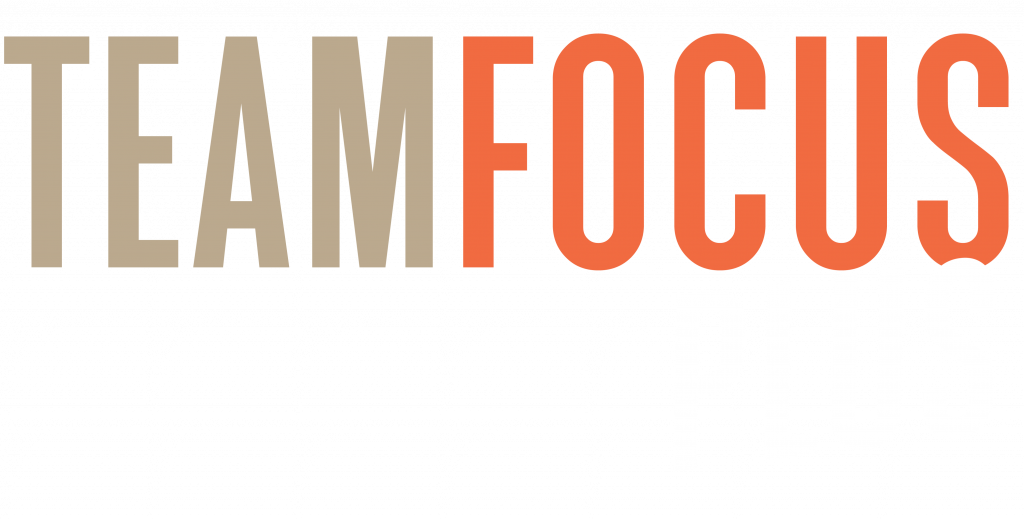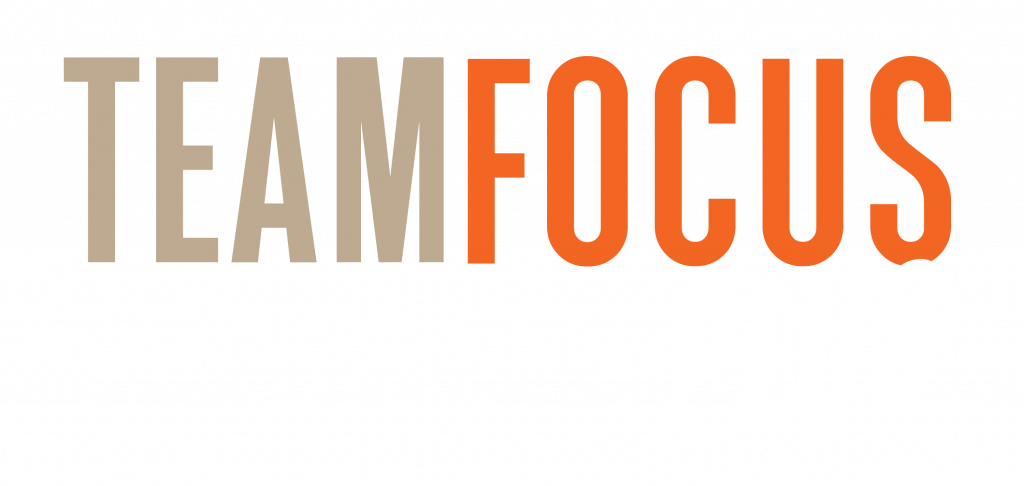Many companies have adopted a remote work setup due to the COVID-19 pandemic. While this new work system has its advantages, getting accustomed to it can sometimes be challenging. It is particularly true for leaders who are managing their teams from home. After all, remote working presents its own set of challenges in maintaining employee engagement and productivity.
Some Common Struggles of Remote Work
If you are leading a team, it is advantageous to understand the common setbacks of remote work. Knowing what issues to prepare for, you can better prevent or mitigate them.
The nature of remote work entails a lack of face-to-face supervision. It makes tracking progress and monitoring activities more challenging. Secondly, employees might feel isolated due to the virtual nature of their work, which can decrease team morale and job satisfaction. Lastly, team members may experience distractions at home that could hamper their productivity. It can lead to lacklustre performance and make it difficult for them to maintain a healthy work-life balance.
However, despite these challenges, effectively managing tasks and maintaining company culture for remote teams is possible. There are many things you can do to ensure that your team is ready for success:
Set Clear Standards and Expectations
The most important part of managing your remote working team is setting clear standards and expectations before they start working. Keeping this in mind, below are a few points to consider during this process:
Roles and Responsibilities
For your team to stay motivated and focused, each individual must be aware of their role, whether for a project or task. When delegating, be sure that team members know which tasks they need to focus their efforts on.
Goals
Set measurable goals and standards for team members to understand expectations. It might include defining KPIs (Key Performance Indicators). For example, a copywriter might need to submit at least 1000 words of product copy per week to reach job expectations.
By establishing clear goals, you allow team members to develop their action plans and prevent yourself from micromanaging your direct reports. Giving your employees clarity and autonomy will, in turn, foster trust and creativity within your team.
Schedules
Be sure to discuss work schedules with your team. Try to arrange work hours in a way that best suits everyone. If you can afford to, give your team the freedom to choose when to work. It encourages them to work during the day when they are most productive.
As long as your team members meet expectations and deliver quality work on time when they do their tasks, it should not be a matter of your concern.
Check-In and Communicate Frequently
Due to the lack of face-to-face interaction in remote work, communication is more crucial than ever before. So, be sure to frequently check-in and communicate with your team to keep everyone up to date on deadlines, responsibilities, recent developments, and other work-related problems.
On that note, it is best to ask your team how they wish to communicate. Would the team prefer email, SMS, video call, direct message, or a mix of channels? It would depend on the situation. For example, video conferences can be used for check-ins, while direct messages for more urgent matters.
Also, ask each team member about the best times to contact them, and be clear about when they can reach you. It ensures that boundaries are set in your team, allowing you and your direct reports to maintain a healthy work-life balance.
Make the Most Out of Digital Tools
While using new technology can be tricky, the effort is worth it. Many digital tools with simple interfaces make team collaboration much more user-friendly. For example, many project management software solutions work as centralised platforms for monitoring deadlines, assigning tasks, giving status updates, sharing files, working on documents simultaneously, and more.
Make Room for Social Interactions
Working remotely online can be an isolating experience for many employees. Even if your team is not meeting face-to-face, it is still a good idea to make time for fun events or casual discussions. It boosts morale and camaraderie.
For example, before or after a video conference, you can ask team members to give personal updates about their life or share how they have been feeling lately. You can also schedule virtual team-building exercises, recognition sessions, plus parties. It allows team members to bond and connects them as multifaceted people rather than just colleagues.
Practise Understanding and Empathy
Remember, every team member has a different home situation, and each comes with its own set of obstacles. For instance, some employees might have young kids to care for or maybe going through difficult personal struggles.
As a leader, it is essential to be aware of these circumstances and understand them. Be sure to show empathy and actively listen to the concerns of your team members, as it helps them feel cared for and valued.
Managing a remote team takes some time and effort, but it is possible. Things may not always work out, but it is perfectly normal when adjusting to a new environment. However, practising the above tips can keep your team happy and productive even when you are far apart.
If you want to know more, call us on 1300 551 274 or send an email at team@teamfocusplus.com. We look forward to hearing from you.






